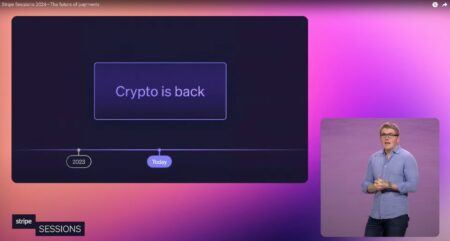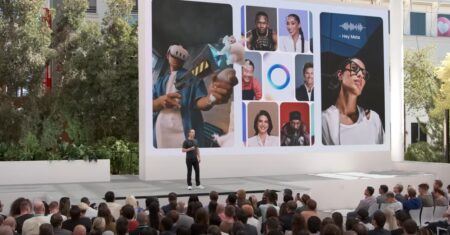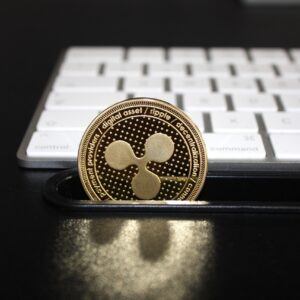Decred (DCR), a cryptocurrency platform that focuses on establishing decentralized “decision-making” and “governance”, has announced that it will be developing its own decentralized exchange (DEX).
According to Jacob Yocom-Piatt, the project lead at Decred, there are currently many issues related to the listing process on most centralized cryptoasset exchanges. In the proposal document shared with Forbes, Decred’s development team mentions that they’re creating “a new type of cryptocurrency-only decentralized exchange based on open source software that will allow cross-chain trading to occur directly between users, with minimal fees and a simple client-server architecture.”
Similar to bitcoin’s (BTC) maximum supply, the total supply of Decred DCR tokens has been capped at 21 million. When first launched (in February 2016), the founders of Decred conducted an 8% premine in order to help fund the platform’s ongoing development.
At present, the market capitalization of DCR coins stands at $147 million, which makes it the 32nd largest digital asset platform (in terms of market cap). DCR coins are presently trading at $15.90 according to CryptoCompare data.
Cryptoasset exchange Poloniex began listing DCR tokens in 2016, while Malta-based crypto trading platform Binance started supporting DCR transactions last year. Notably, the Decred platform was created after its founders reportedly experienced various challenges when working as Bitcoin Core developers several years back.
Breaking Away From The Profit-Seeking Exchange Model
Decred’s community members are expected to vote on the new DEX proposal through Decred’s off-chain voting network, Politeia. Yocom-Piatt, who previously developed “an alternative full-node Bitcoin implementation” written in the Go programming language, has said Decred’s DEX will not be primarily driven by a profit-seeking business model.
Criticizing the current listing process, which requires firms to pay high fees, Yocom-Piatt stated:
Centralized exchanges make huge profits on listing fees and trading fees. Some of the big ones request ridiculous 6-, 7-, or even 8-figure listing fees. Most DEXs are also based on a profit-seeking model that doesn’t always equal fair play for retail traders.
Although Decred’s new DEX platform will not charge trading fees, the exchange’s users will have to a pay a small fee for each server they may use to conduct the trades. Explaining how the trading algorithm for Decred’s new DEX will work, Yocom-Piatt said:
By doing pseudorandom order matching in epochs (every 10-60 seconds) it puts everyone on a much more level playing field with respect to latency. The person using satellite internet in Siberia can't be taken advantage of by traders with a fiber link at the nearest interchange point, allowing buyers and sellers to transact without the opportunity for day traders to front-run their orders.
Lack Of Regulatory Clarity
Currently, there is a lack of regularity clarity in the cryptocurrency ecosystem and different jurisdictions throughout the world have either developed guidelines for digital asset-related businesses or they have not legalized the use of cryptocurrencies. Jake Chervinsky, a prominent lawyer focused on crypto regulations at Kobre & Kim LLP, has said:
Despite the difference in the underlying technology, decentralized exchanges are likely to face all the same regulatory challenges as centralized exchanges.
Chervinsky added that the US Securities and Exchange Commission (SEC) had stated last year that DEXs such as EtherDelta will be subject to all the regulatory requirements specified by US federal securities laws – including those that apply to operating a “national securities exchange.”








